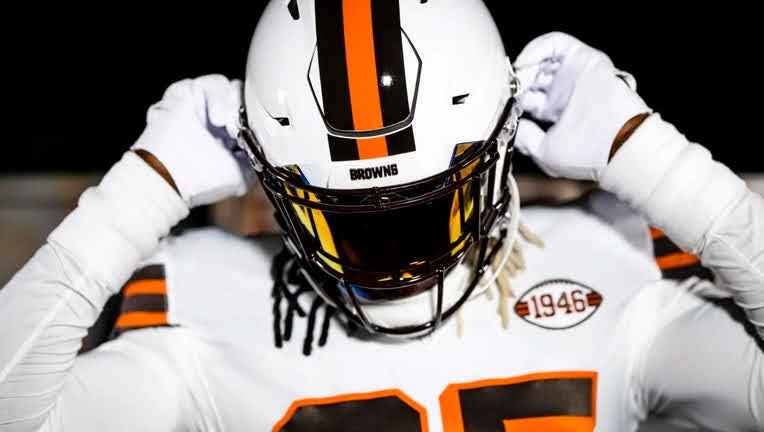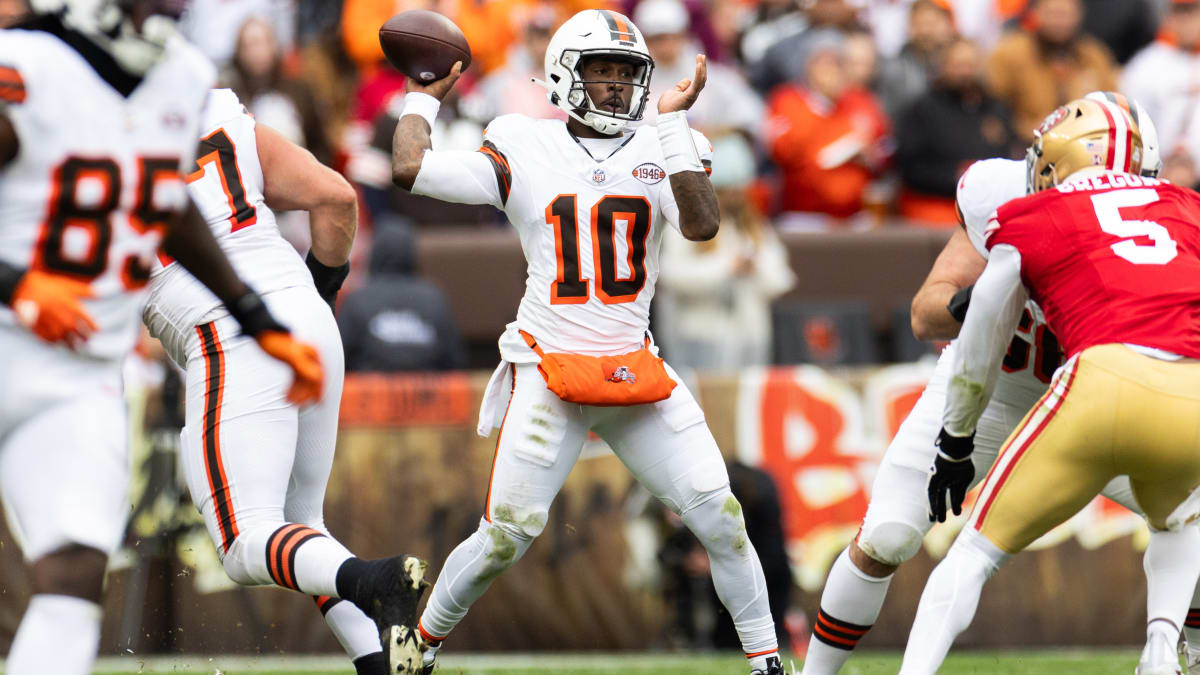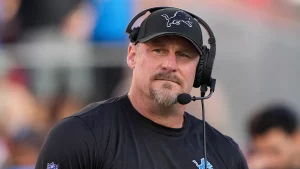
Of the on-field lows for an NFL player, it rarely hits a basement deeper than being asked if you don’t want to play the game. That’s a below-the-cellar, under-the-cement, career-buried type of accusation — the league’s answer to a “Dateline” missing person episode. It’s ugly … and it rarely ends well.
It’s not a question you ever want posed to your franchise quarterback. And it’s most certainly not what the Cleveland Browns had envisioned only eight weeks ago, when members of the organization spoke with Yahoo Sports and expressed their highest level of optimism to date about the next phase of Deshaun Watson’s career. And yet, that’s what unfolded Thursday, when the Browns quarterback was asked about suggestions from varying corners of the media (not to mention the fan base) that his lingering shoulder injury was somehow suggestive of a lacking desire to play for Cleveland.

Watson reacted with profanity, which is how most any prideful NFL player would react. But the fact that he was justifying his desire to play football for the Browns — when he’s not even through his second season with the franchise — speaks to how poorly things have gone in 2023. It also raises the question of how Cleveland and Watson will get this entire situation back on track in the coming weeks, which is unquestionably the top long-term priority for the player and team.
Before we get to unraveling some of that, this was Watson’s response to those who question his desire to play. The suggestion is out there. Now there’s a reply.
“Why wouldn’t I want to play?” Watson said Thursday. “I just worked my ass off for two years to get back to playing, so why wouldn’t I want to play? This is what I’ve been doing since I was 6 years old, so why wouldn’t I want to play? I see the same things — I see all the narratives, this, that and the third. All that stuff is just trying to cause controversy and commotion. I’m fine. I’m happy. I’m not happy with the injury. I’m in a great space mentally, I’m in a great space spiritually. Physically, everything else is in a great space but my shoulder, so we’re working hard to get that back. But why wouldn’t I want to play? I don’t do this for no other reason. I see that [talk] too, I see the whole contract situation [being brought up] and all that stuff.”

He later added of speculation from any national media outlets that would suggest he doesn’t want to play, “None of those national people know me. They don’t talk to me. All that’s speculation. If it ain’t coming from me, then all that other sh** is bulls***.”
For context, the speculation about Watson’s willingness to play would require some dot-connecting between two situations that don’t have anything to do with each other. He previously refused to play for Houston Texans because he had soured on ownership and other parts of the team structure and no longer wanted to continue forward. Thus far, there isn’t any indication whatsoever that a similar situation is unfolding in Cleveland. So what has happened?
Cutting through the medical chart and presenting this as simply possible, Watson has a shoulder injury that is one part weakness in his subscapularis muscle and one part pain management. If you want to dive into the biology of it, the best outline of the problem can be found in high-velocity baseball pitchers who suffer the injury. Essentially, it impacts arm acceleration into a throw and presents an inability to fire through a motion at what would normally be 100 percent. And this is what is most important to consider in Watson’s case: A pitcher can be “medically cleared to throw” but not fully rehabilitated enough in the muscle to throw with maximum velocity and without pain.
Watson felt like he was not 100 percent, and that’s why he didn’t play against the Ravens. And in the weeks since, it’s been a series of testing the shoulder out, trying to play with it, but still being in a place where the level of discomfort and lack of consistent peak velocity has undermined his ability to play. All of which makes this entire fiasco a master class in science and how to best disseminate information that accurately explains what is happening.
The descriptions of the biology were not always clear. Nor the way the information was related. But the bottom line through it all is simple. Watson has to continue to work on his shoulder until he feels like it can fire at 100 percent (or close to it) in his throwing motion. Until then, playing games at a lower percentage presents the possibility that he won’t feel right, won’t look right and won’t play right. There’s no set timeline, because every athlete who deals with the injury is different. So you have to play it week to week and see where it’s headed. That’s it. Period.






